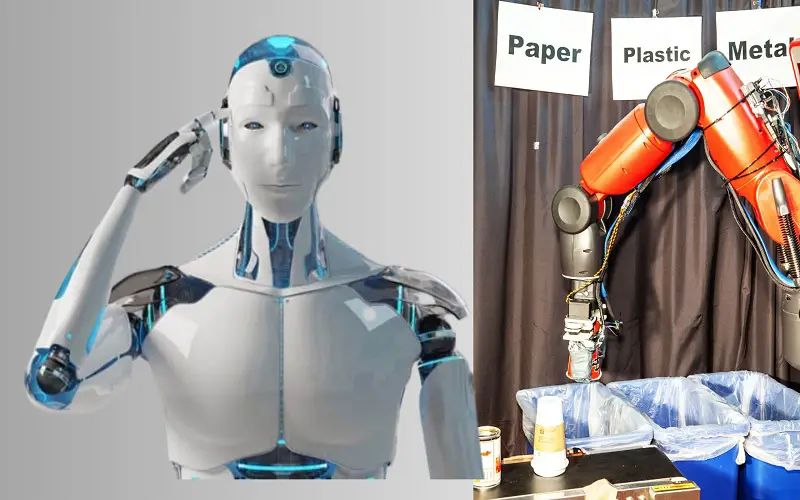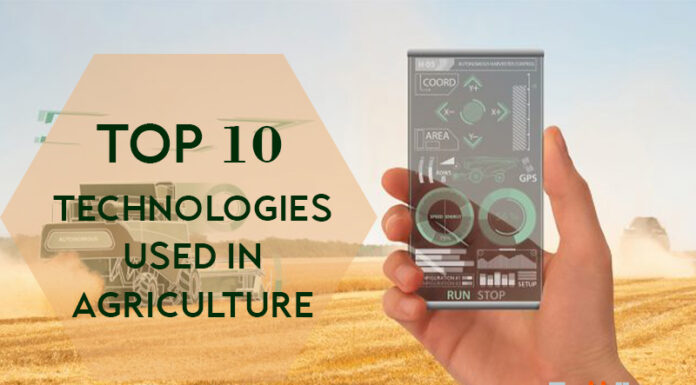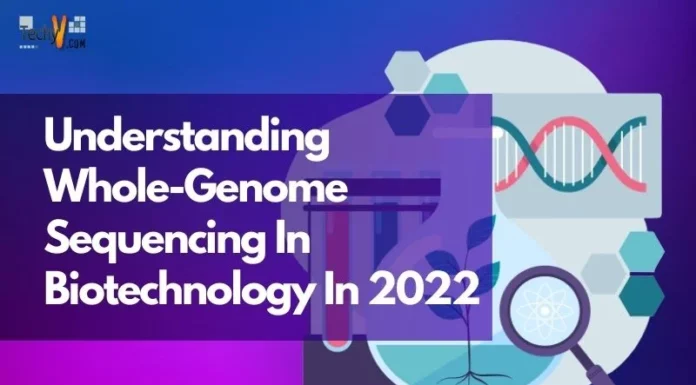Do you ever think that improper and inefficient waste management puts unnecessary stress on the environment? Tons of waste are produced yearly, only half of which is recycled. The remaining waste goes into landfills and oceans. Traditional waste management systems cannot handle vast amounts of waste generated by the growing population. This waste collection plant operates in an auto mode for collection and disposal. Due to heavy demand and regulatory requirements, these traditional methods are expensive. Intelligent waste management technology is needed to minimize harmful environmental effects while reducing labor and cost. The world is retorting to innovative waste technologies and solutions to improve the efficiency of current waste collection operations. Innovative waste management efficiently uses technology to ensure waste is collected cost-effectively. IoT (Internet of Things) technology is used to track real-time data to improve waste collection and increase sustainability. Many companies have started using intelligent waste cans to monitor trash volume in real-time and maximize efficiency by planning supplies. This technology is available in different forms and aims to reduce pollution and protect the environment. This blog will discuss the Top 10 emerging waste management technologies to focus on in 2023.
1. Pello
Pello is an innovative waste management technology that helps businesses manage garbage collection more efficiently while reducing environmental impact at the same time. It monitors the capacity of trash cans and provides real-time data on where the garbage is being disposed of. It sends an alert when packing is due and checks if your container is contaminated. Pello takes complete responsibility of your industrial waste disposal by delivering timely information. Garbage trucks are dispatched only when needed, leading to a reduction in greenhouse gas emissions.
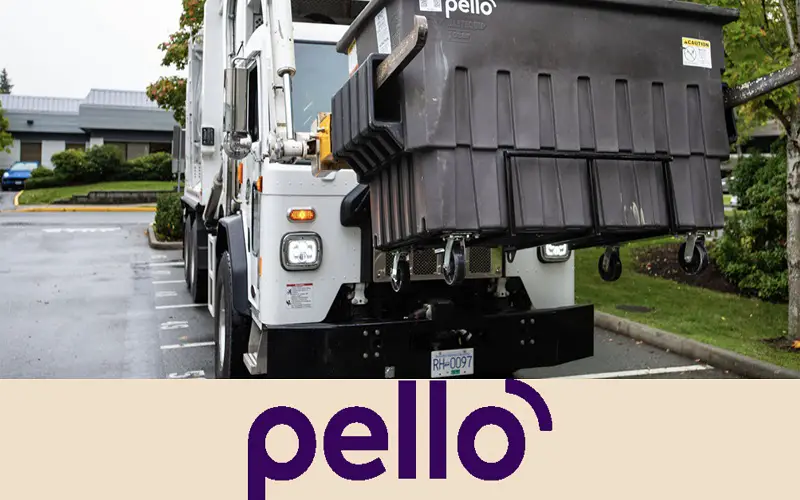
2. E-waste Kiosks
If electronic waste is not disposed of properly, it may lead to the release of harmful emissions into the environment, hampering the health and livelihood of ecosystems. To avoid this, E-waste kiosks are introduced in many cities that allow people to exchange their old electronic devices for cash. In the United States, there is EcoATM, where residents can sell their old phones for cash. This recycling process will not only help you to get some value for your product but also help save the planet from harmful e-waste.
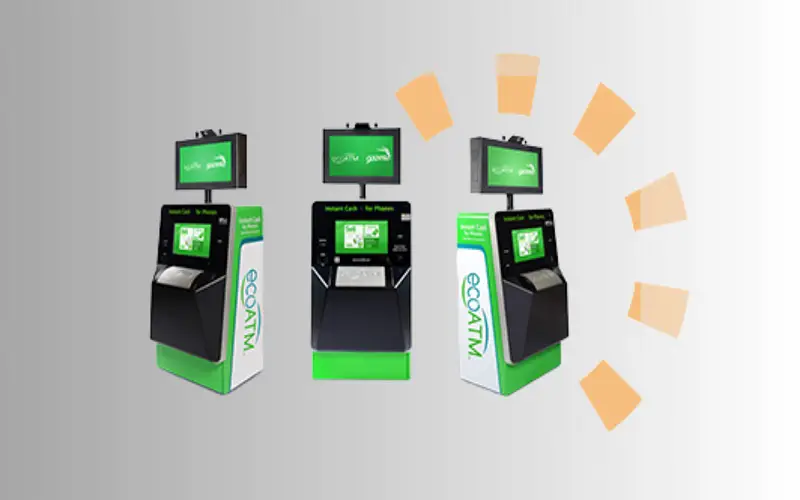
3. Automated Waste Collection
Automated sensors immediately alerts when the container is full and needs processing. Innovative tools like optical sorters, magnets, and advanced disk screens help simplify the sorting process. To cut costs, garbage collection trucks run on natural gas instead of diesel. The implementation of logistics software, monitors, and mobile apps has made the waste management process more accessible and safe for drivers.
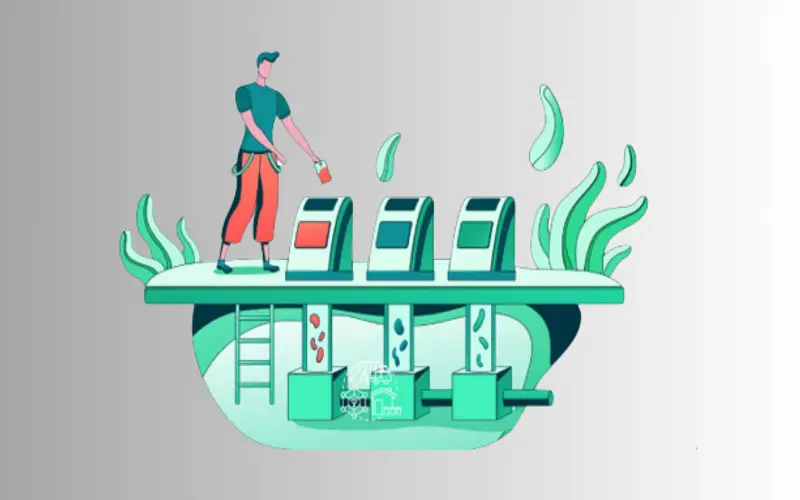
4. Smart Waste Bins
Polish company Bin has introduced intelligent waste bins that use AI-based technology for sorting recyclables automatically into separate compartments. In this way, it helps solve the problems related to improper sorting of recycled wastes. Waste is compressed into the machine and each container’s capacity is measured. Human errors are identified during the initial design stage, which helps speed up product development. This way, you can save up to 80% of cost on waste management and improve employee productivity.
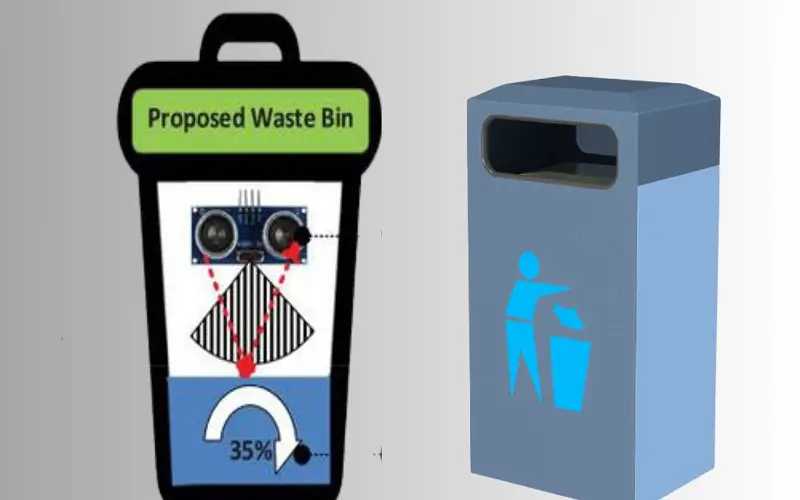
5. Pneumatic Waste Pipes
Pneumatic pipes are the best innovative solutions for waste management. These pipes are placed under public garbage bins, and the waste can be sent directly to the processing plants without the need to pick up the garbage. This will reduce the number of garbage vehicles flooded in the cities and decrease in pollution. Pneumatic pipes also help transport the waste directly from landfills to waste management centers. It will help in reducing carbon emissions in local areas.
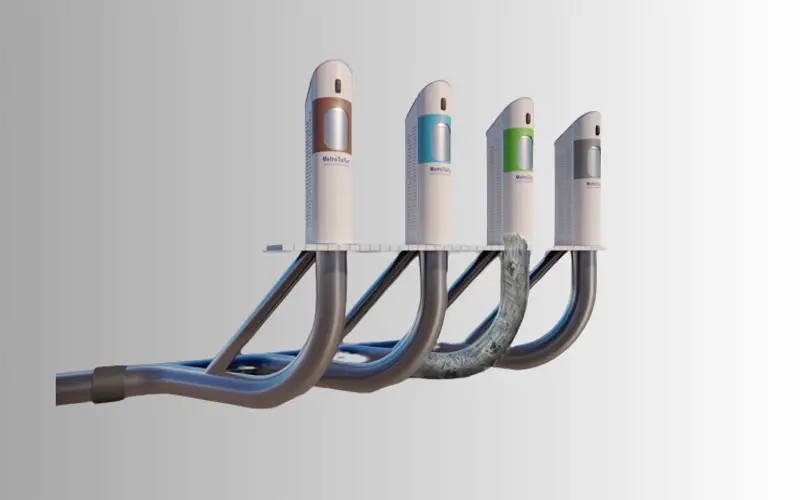
6. Optimal Routing
Today, companies are investing in optimization software like Optimal Routing, which helps protect the environment from hazardous chemicals. Automated trucks are used along the existing routes, with robotic arms installed to save time and labor. Optimal routing helps in point-to-point pickups in a cost-efficient and eco-friendly manner.
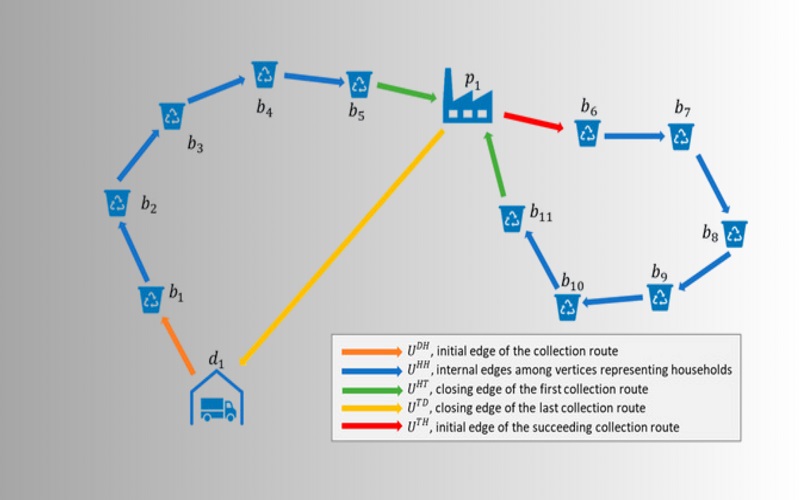
7. Solar Trash Compactors
Ecube Labs created solar trash compactors to increase waste collection efficiency and reduce the trips required to collect waste from landfills. This smart solar-powered trash compactor can potentially carry five times more waste than traditional bins. These machines compress the waste and simplify the collection process by recording and transmitting the data as and when the trash is collected.
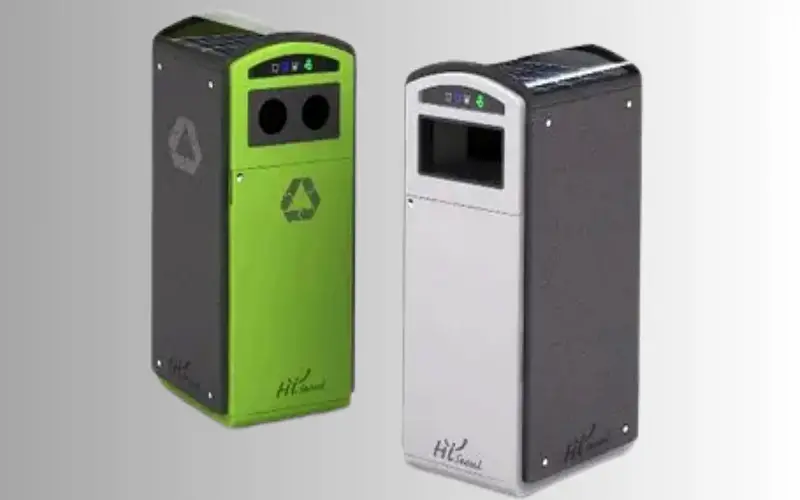
8. Plasma Gasification
Plasma gasification is a revolutionary technology that uses plasma to heat the waste under high temperatures to generate hydrogen gas and a glass-like product. The generated hydrogen gas is used in hydrogen fuel cells, and the glass product is used in the construction industry. Plasma gasification is already popular and is considered as an impressive technology due to the high demand for hydrogen fuel cells.
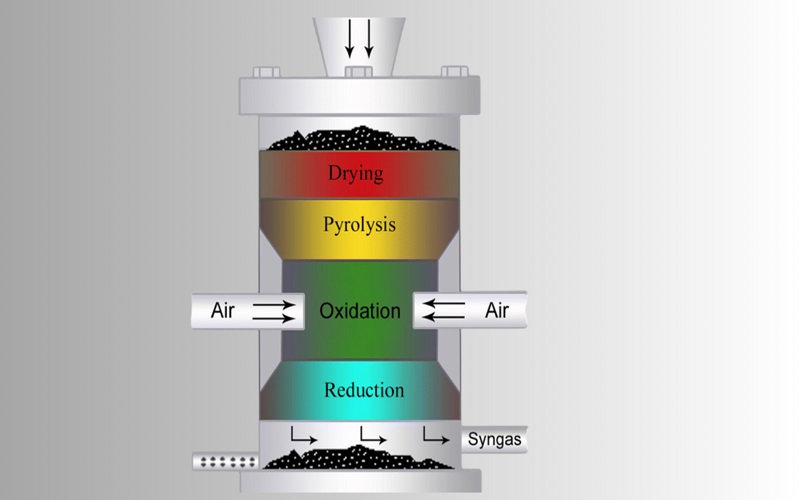
9. Recycling Apps
To limit non-recyclable waste, organizations have introduced apps such as Recycle Nation and iRecycle to make recycling easier. These apps allow us to easily calculate recycling rates and center locations. Their dedicated resource list helps in identifying items that can be recycled easily. These apps promote sustainability by transferring unwanted items to another party with the exact needs.
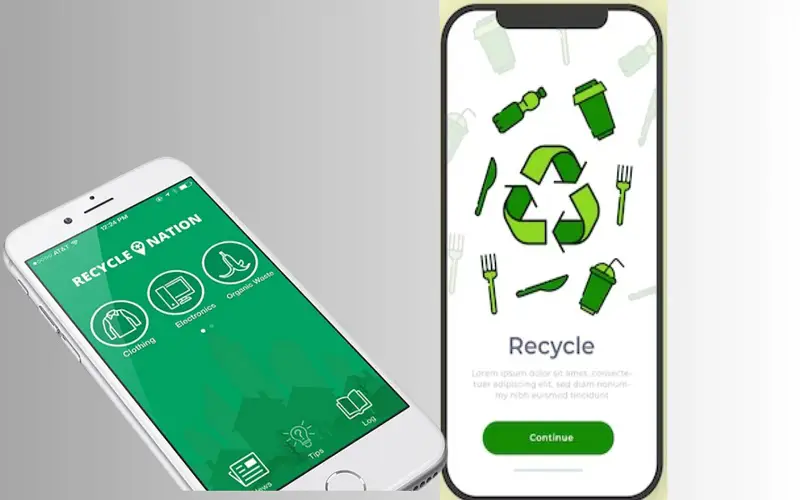
10. AI Recycling Robots
With AI technology spreading its magic across almost all industries, it certainly has the potential to make a valuable difference in the world of recycling. AI robots are programmed to segregate the waste into recyclable and non-recyclable materials. These robots work faster than humans and can complete a task in less time. It helps save recycling centers money in the long run and divert recyclable materials from landfills to the bins. As robots work longer, a massive amount of waste gets processed in a day.
